Anzac Day embodies the violence, exploitation, repression, racism, and sexism of Australia’s past and present. Its prominence in our national life and story reflects ignorance, and its militarism is profoundly disturbing. A nationalist mythology, it is irrelevant to the pluralistic democracy of modern Australia.
That’s the essence of allegations from people who, for decades, have denigrated Anzac and advanced a pessimistic view of Australia and its people. They follow historian Manning Clark’s 1981 lament that, instead of building a nation ‘free of the evils of the old world… Australia’s day of glory had made her a prisoner of her past.’ Indeed, a few academic historians have always been notable critics of Anzac.
Separating history and myth, fact and fiction, is important. Many national communities are imagined, and many national traditions, like Anzac, are invented. But, considering the importance so many people attach to such things, it’s problematic and unjustified to dismiss these ‘invented’ manifestations of culture as being ultimately meaningless.
Honest historians recognise it has never truly been within their mandate to give political lessons, convey moral stories, or, most importantly, to decide what counts as relevant or meaningful history. French historian Marc Bloch recognised this in the 1920s, arguing it was the historian’s task to understand, but not to judge. This is where a line has been crossed.
A recent NewsCorp survey revealed that 93 per cent of Australians felt it was somewhat or very important to commemorate Anzac Day. 73 per cent said they would commemorate it this year. Australians young and old said that they believed it was important to remember those who served in wars. It’s right to point out that national mythologies can underpin more disturbing expressions of nationalism – consider Germany’s Nibelungenlied, which Nazis appropriated as cultural fuel for their Third Reich. But it’s absurd to claim anything similar for Anzac. The tradition cannot be reduced to a malicious nostalgia for romanticised notions of nation and identity. Claims that Australians have a misplaced affection for Anzac Day, its history, and its tradition, are belittling and arrogant. The implication is not only that the masses are unenlightened, but also that they are incapable of deciding what they should value.
This conceit accompanies scorn – usually private, but sometimes public – for anyone who disagrees about what counts as meaningful. Certain critics have little respect for the ways normal people understand, value, and use the past. Writers of popular military history are ridiculed; they’re not real historians, anyway. Quiet sneers are directed at politicians, commentators, and anyone else who might support Anzac. They are surrendering, said Clark, to ‘servility, mediocrity, and greyness of spirit.’ Australians who attend Anzac Day ceremonies every year are forgiven, of course, for they know not what they do. Governments have spent millions of dollars promoting and funding centenary projects over recent years, and therefore the choice to commemorate is no choice at all; Australians would have different values and interests – Eureka, Federation, or labour movements, for example – if it weren’t for state priorities.
These speculative arguments ignore that commemorative, collective traditions such as Anzac are not propped-up by the state, but are cooperatively fashioned and preserved by ordinary Australians who have created and maintained Anzac from below, in voluntary collaboration. Successful, meaningful traditions do not emerge from above, from the dictates of states and the elite. Arguments to the contrary rest on scepticism about the possibility of individual human agency and the capability of Australians to shape their own culture. Normal Australians can and do make their own judgements about what history is and what it’s for. History, for the ordinary person, is connected to what is relevant and meaningful to them, and Australians have freely made choices about what is important. It has little to do with official approval or state coercion: substantial state support for the 1988 bicentennial celebrations, not to mention the 2001 centenary of Federation, failed to arouse a comparably deep historical connection with the events they commemorated.
The Anzac legend, potently combining community, nation, and war, reminds us that history has purpose and meaning. Its popularity illustrates that many Australians still value tradition and ritual in an age of change and upheaval. Anzac Day services are subjective, individual experiences. Friends and family have fought and died in wars, and many want to honour their memory. This is the promise made in the Ode of Remembrance: We will remember them. It makes sense to describe Anzac as a ‘civil religion’.
The Anzac legend carries metaphorical truths about the kinds of qualities people cherish and want to promote: courage, independence, ingenuity, humour, stoicism, and mateship. The historical question of whether these values were exemplified by diggers, or if they are even uniquely Australian, is irrelevant, even redundant, in this context. Many simply see these qualities as desirable, and they believe that collectively treasuring these sorts of things is necessary if civic values, such as democracy and the rule of law, are to have any purpose.
Anzac certainly has problems: its focus on the First World War often comes at the expense of Australians who’ve died or continue to suffer because of modern wars, and the tradition has yet to truly incorporate Indigenous Australians. Cynics and adherents alike condemn tasteless, often absurd, commercialisation and misappropriation. Yet these criticisms are usually made in the spirit of protection and continuance, not abolition.
Remembrance, tradition, and community are just some of the reasons Australians choose to preserve Anzac Day. Australians found these things together, away from decrees of government and the elite. Deciding that they were valuable, communities chose to nurture them. This is why efforts to replace Anzac or reform it beyond recognition are lamentable: if there is one central lesson of war for modern society, it’s that good things are easily destroyed, but not so easily created.
Got something to add? Join the discussion and comment below.
Get 10 issues for just $10
Subscribe to The Spectator Australia today for the next 10 magazine issues, plus full online access, for just $10.
Ben Wilkie is an historian and academic.
You might disagree with half of it, but you’ll enjoy reading all of it. Try your first month for free, then just $2 a week for the remainder of your first year.

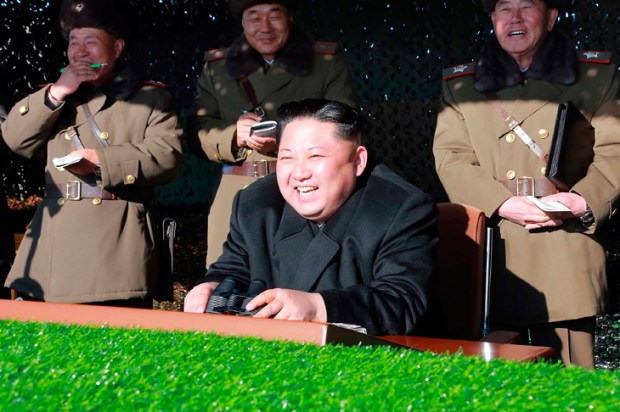
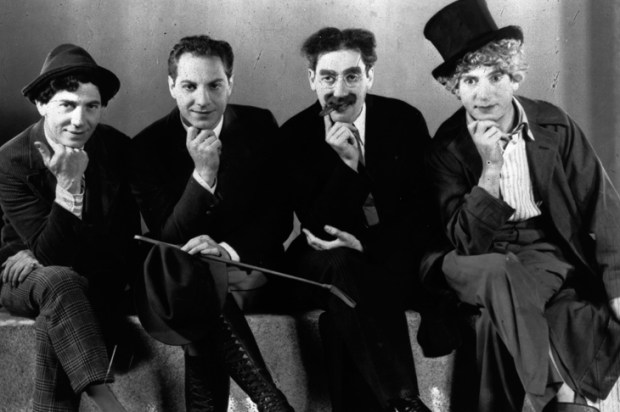
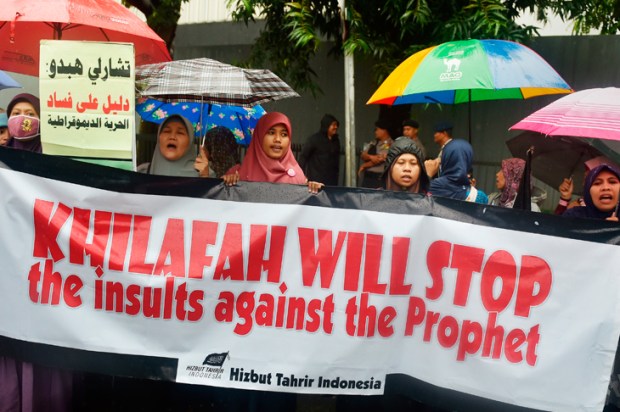

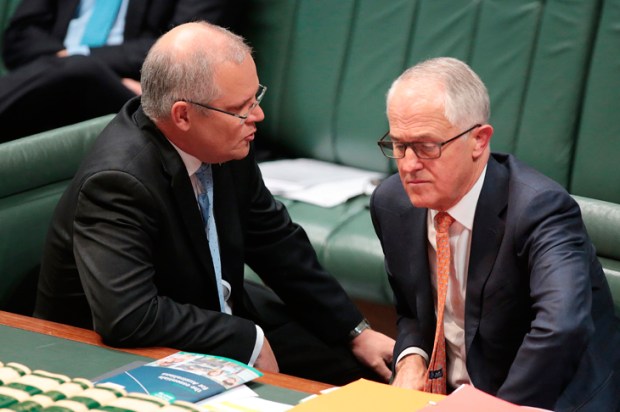
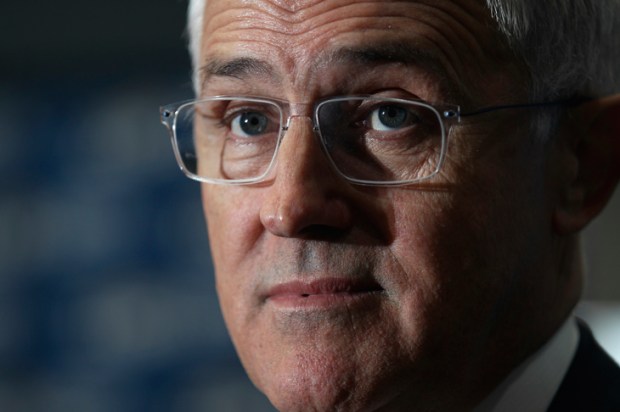






Comments
Don't miss out
Join the conversation with other Spectator Australia readers. Subscribe to leave a comment.
SUBSCRIBEAlready a subscriber? Log in